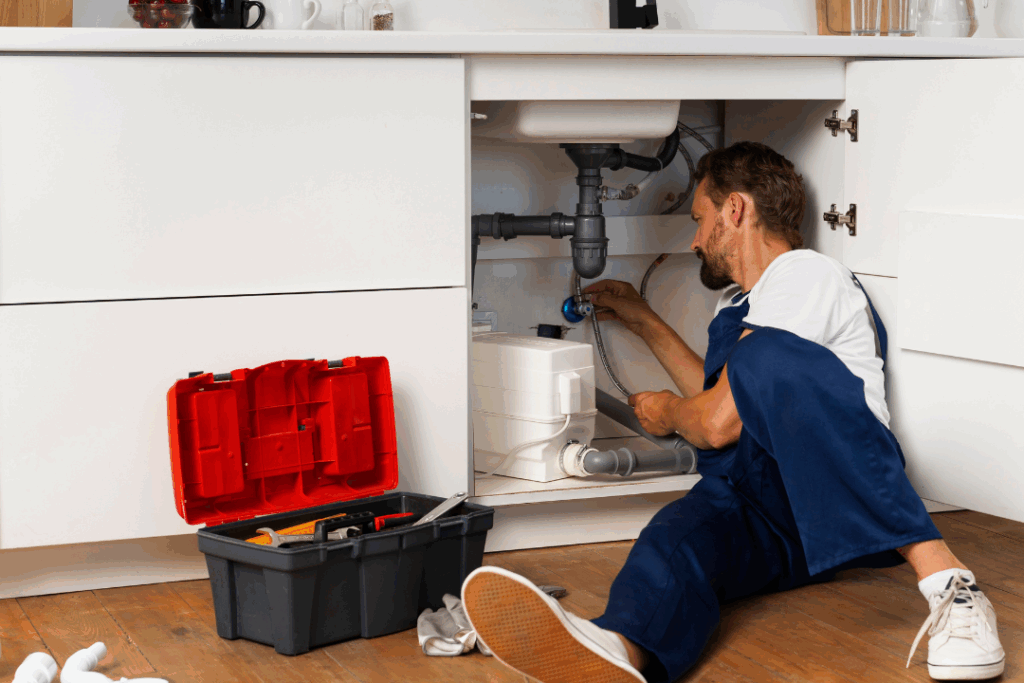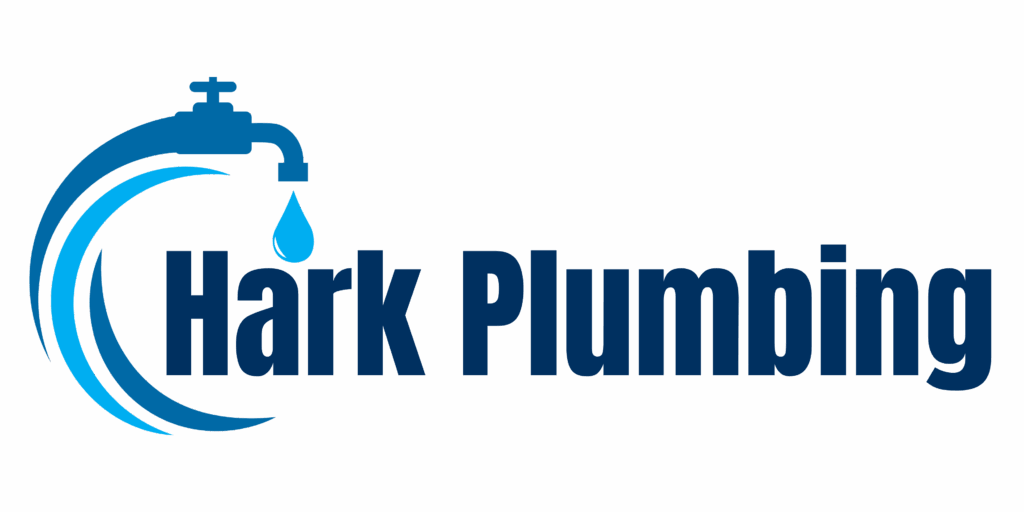
A well-functioning plumbing system is key to keeping your home comfortable and stress-free—but because it mostly works behind the scenes, problems often go unnoticed until they become serious. Catching plumbing issues early can save you money, prevent water damage, and help you avoid unnecessary headaches. In this guide, we’ll cover common warning signs, hidden issues, and simple maintenance tips to help you stay ahead of potential problems.
Understanding Your Plumbing System
Your plumbing system is a network of pipes, fixtures, and appliances that supply clean water and carry away waste. Understanding the basics of this system can make spotting problems much easier. Pay special attention to areas such as faucets, drains, water heaters, and any exposed pipes—these often give the first clues that something isn’t right.
Common Signs of Plumbing Problems
Low Water Pressure
If your taps are producing a weak stream, it could point to leaks, clogs, or supply line issues. Take note if the problem is isolated to one fixture or affects the entire home.
Slow Drains
Sinks, showers, or tubs that drain slowly usually mean a buildup of debris like hair, grease, or soap scum. If multiple drains are sluggish, the issue may be with your main sewer line.
Unusual Noises
Banging, gurgling, or whistling sounds often signal trapped air or pressure irregularities in your pipes—issues best addressed quickly before they escalate.
Water Leaks
Small leaks can cause big problems over time, from water stains on ceilings and walls to mold growth and musty odors. Always investigate damp spots promptly.
High Water Bills
If your water bill suddenly spikes without a clear reason, there may be a hidden leak or an appliance using excess water.
Spotting Hidden Issues
Not all plumbing problems are obvious. Leaks behind walls or under floors can quietly damage your home’s structure. Scheduling regular inspections helps uncover hidden issues before they turn into costly repairs.
Preventive Measures
Routine Maintenance – Inspect fixtures regularly for wear and tear, tighten loose fittings, and replace faulty parts early.
Use Strainers – Install sink and shower strainers to stop debris from entering your drains.
Monitor Water Pressure – Keep water pressure between 40–80 psi to prevent stress on your pipes.
Mind What You Flush – Avoid flushing wipes, grease, and other non-flushable items that can clog your system.
When to Call a Professional
DIY fixes can work for minor issues, but some situations require expert help. Call a plumber if you experience:
Persistent or recurring problems.
Visible pipe damage, such as cracks or corrosion.
Water heater malfunctions like inconsistent heating or leaks.
The Benefits of Early Detection
Taking action at the first sign of trouble helps you save money, protect your property, and reduce health risks. For example, repairing a leak early prevents mold growth, which can damage air quality in your home.
Conclusion
Your plumbing system is vital to your home’s comfort and functionality. By staying alert to early warning signs and practicing preventative care, you can extend its lifespan and avoid costly emergencies. And when bigger issues arise, trust Hark Plumbing to provide fast, reliable, and professional solutions.
